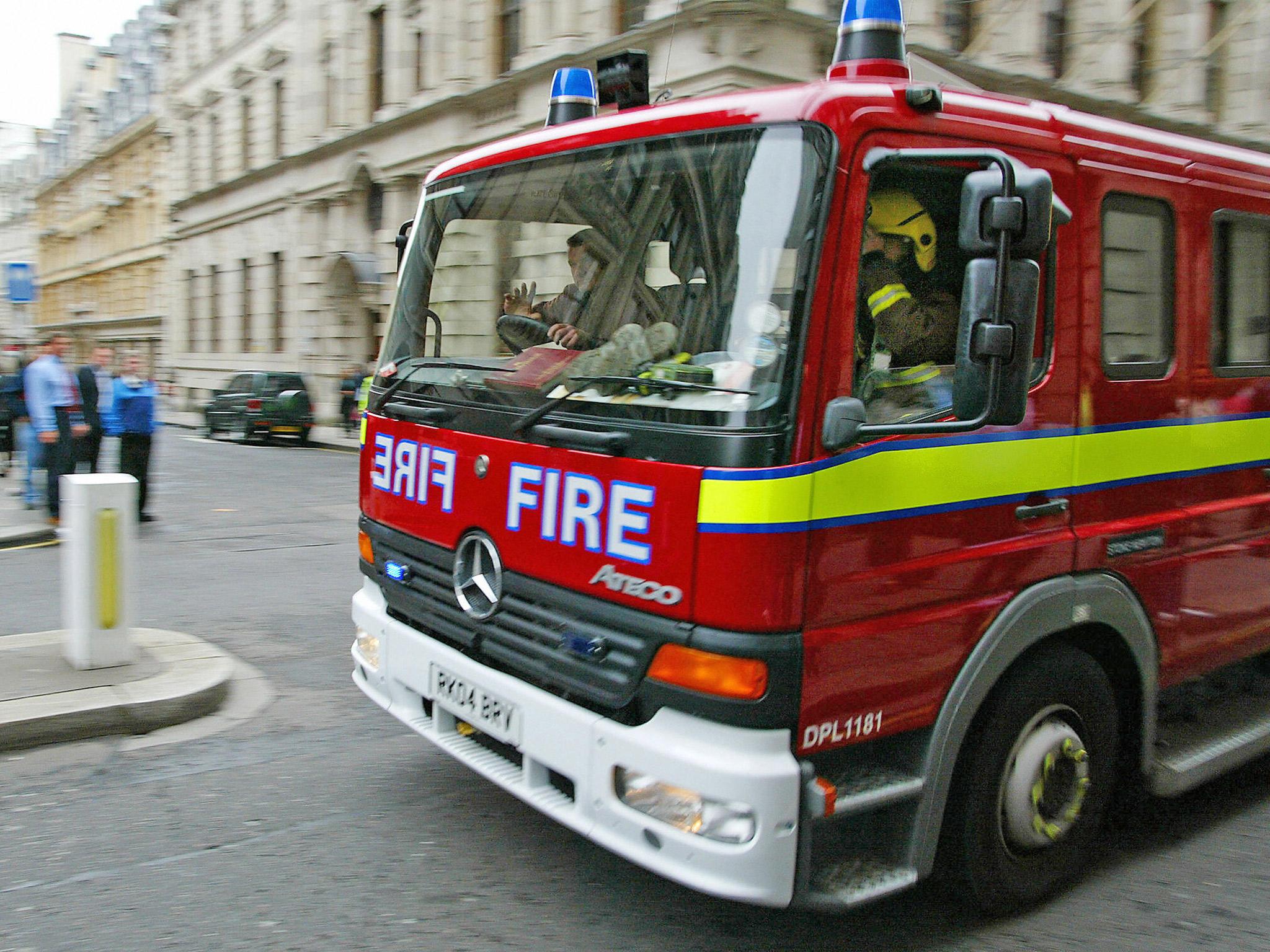London Fire Brigade plans to allow people to report emergencies on Twitter and Facebook 'could put lives at risk'

Your support helps us to tell the story
From reproductive rights to climate change to Big Tech, The Independent is on the ground when the story is developing. Whether it's investigating the financials of Elon Musk's pro-Trump PAC or producing our latest documentary, 'The A Word', which shines a light on the American women fighting for reproductive rights, we know how important it is to parse out the facts from the messaging.
At such a critical moment in US history, we need reporters on the ground. Your donation allows us to keep sending journalists to speak to both sides of the story.
The Independent is trusted by Americans across the entire political spectrum. And unlike many other quality news outlets, we choose not to lock Americans out of our reporting and analysis with paywalls. We believe quality journalism should be available to everyone, paid for by those who can afford it.
Your support makes all the difference.The London Fire Brigade is considering allowing people to use Twitter and Facebook to report emergencies, it has been announced.
But, within hours, the plans were criticised by unions and even fellow emergency services as an “unworkable” and “inefficient” idea, which could lead to hoax calls and put lives in danger.
The Brigade (LFB) said it is exploring ways it can use all types of social media to help contact people near the scene of an emergency, as well as dialling 999.
But it was met with a less-than enthusiastic reaction. “It is a ludicrous idea. It will inevitably lead to more hoax calls,” said Ian Leahair, the Fire Brigades Union’s (FBU) executive council member for London. He added that the FBU was not consulted over the plans and said: “They sound like something the London Fire Brigade has just blurted out. They would put people’s lives at risk.”
A spokesman for the London Ambulance Service, which deals with between 4,000 and 5,000 calls each day, also criticised the plans, asking: “What is the benefit, if you were able to tweet using a smartphone, then why not call? For us it would be too important to speak directly to the person on the line and get as much information as possible, which would be difficult to do on Twitter.”
The Metropolitan Police Service, Britain’s largest police force, also confirmed it was not planning to introduce emergency reports via social media.
The LFB insisted that it was not introducing the plans as a replacement for the 999 phone number and fire chiefs said people should continue to dial the number to report emergencies. But the Brigade cited figures which it said showed that traditional forms of communication are declining in popularity, “with the overall time people spend talking on the phone falling by five per cent in 2011”.
In contrast, it said, “text-based communications are surpassing traditional phone calls or meeting face to face as the most frequent ways of keeping in touch for UK adults”.
The Brigade has pledged to look at “how best to use social media in the future, including how it would respond to people using it to report incidents”.
Rita Dexter, Deputy Commissioner of London Fire Brigade, said: “With over a billion people now using Facebook and half a billion using Twitter, it’s quite clear that social media is here to stay.
“The London Fire Brigade is the biggest fire service in the country and we think it’s important to look into ways to improve how we communicate with the public and how they can get in touch with us.
“When it was first set up in 1935, people said that dialling 999 to report emergencies would never work. Today BT handles over 30 million emergency calls each year. It’s time to look at new ways for people to report emergencies quickly and efficiently and social media could provide the answer in the future.”
Join our commenting forum
Join thought-provoking conversations, follow other Independent readers and see their replies
Comments